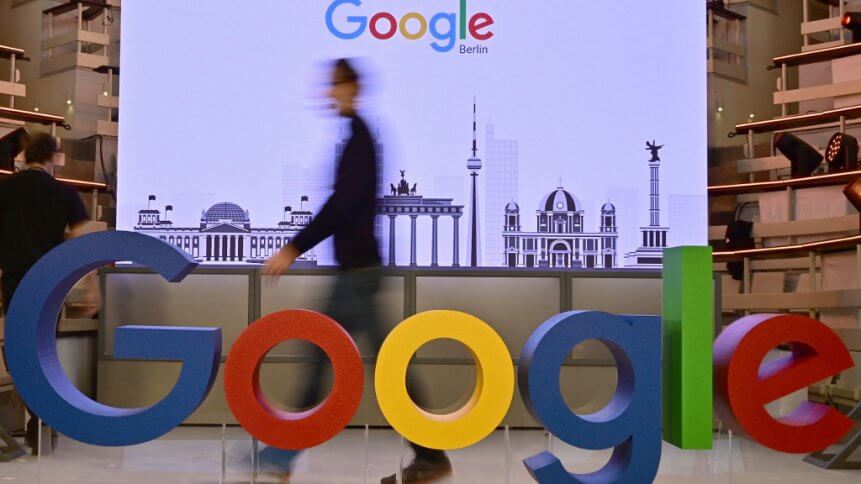
There have been some major shifts in how businesses engage and interact with customers, a trend that was already in progress but was exacerbated so much more by the new realities of the pandemic. There are increasingly digital channels, moving away from telephone calls with automated messages.
Today, clients have a variety of communications means, from AI-driven chatbots to omnichannel contact platforms, but the recent low-key introduction of Google Business Messages has added an entirely new dimension to conversations with brands.
For the uninitiated, Google Business Messages is a mobile communications platform that enables businesses big and small to do what was previously a bit more complicated: interact with prospective customers directly from Google Search and Google Maps. Business contact numbers had been available via these apps in the past, if the brand had made them available, but messaging – either with a live agent or a chatbot – had been overlooked as a direct communication channel for years, until Google Business Messages.
Oftentimes, prospects want to get in touch with the business only at the moment they need something, like product ordering information, product return info, store locations, operating hours, and so on. In the US, the tiny ‘Call’ button on Google Search has been responsible for driving millions of calls to order ford, make appointments, and support hundreds of retailers of varying scale.
As it is, businesses spend over a trillion dollars to field billions of customer care calls a year. But traditional conversation channels do not begin to encompass the sheer magnitude of contact discovery from Google Search: a whopping 93% of online interactions start with a web search on a search engine, and Google dominates with a 90% share of the global search market.
The Alphabet company also holds a 70% share of the navigation apps space, with its ultra-popular Google Maps and Waze entities. This makes Google the undisputedly top discovery tool for consumers globally, combining the information they would need conclusively under its search platform. And to top it off, three-quarters of consumers say they would rather engage with a business over private messaging channels instead of classical means like phone or email.
Prior to this, to private message a brand, the customer would search them up on Google, and then proceed to the website or mobile app where an automated chat box will probably pop up to ask “Can I help you?”. While users might search up a bigger brand’s website directly, most smallish businesses would likely see significantly higher traffic from search engines rather than direct access.
YOU MIGHT LIKE

Google is now charging $245 for data search warrants
But with Google Business Messages, the additional steps of going to another platform to access the customer service chat can be eliminated. Instead once the brand or service has been searched in Google, the ‘Chat’ button will appear next to ‘Call’ button when looking at the company details.
Firms can get started by signing up with a Google Business Messages partner. Businesses that have an existing chat agent can have their service integrated with Google Businesses Messages, otherwise the partner can set up a new one. Dialogue flows and quick-answer FAQs can be set to hit the ground running, including setting processes in place where the conversation can be routed to a live agent if the need arises.
For now, Google Business Messages is available only on Google’s own Chrome browser. Google Maps also needs to be installed so that users can search for business locations from their smartphones. Some quarters might be concerned about what the search giant might do with all that data being plugged in, but the widespread influence and impact that Google can have on a growing business cannot be denied.









